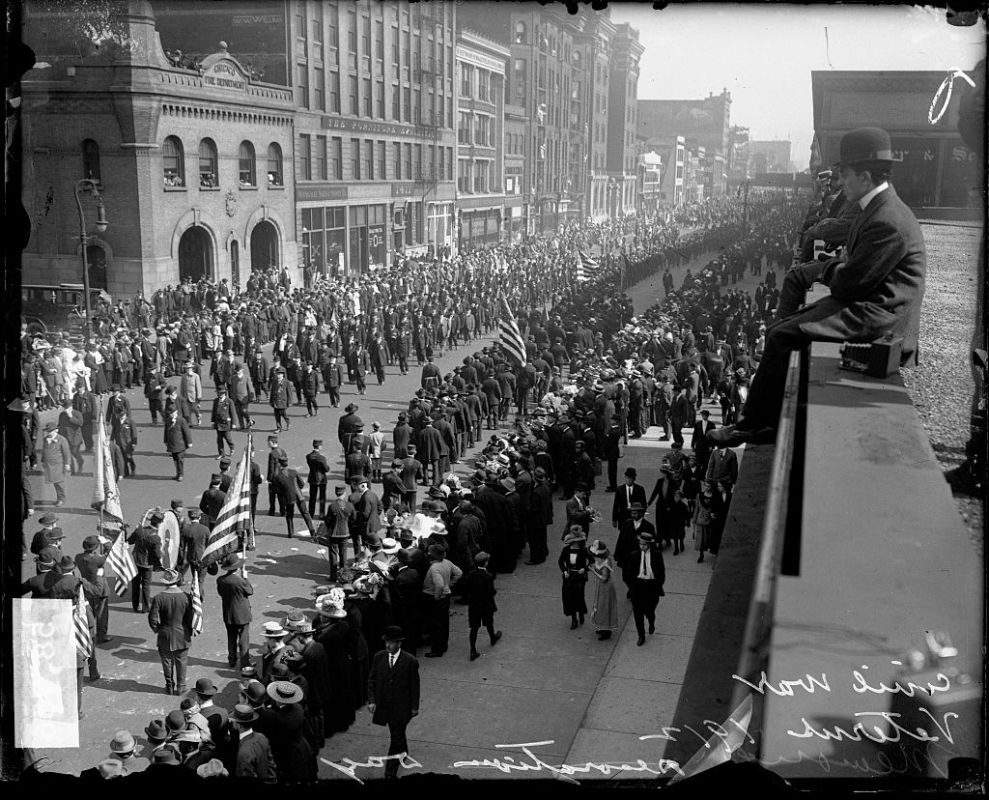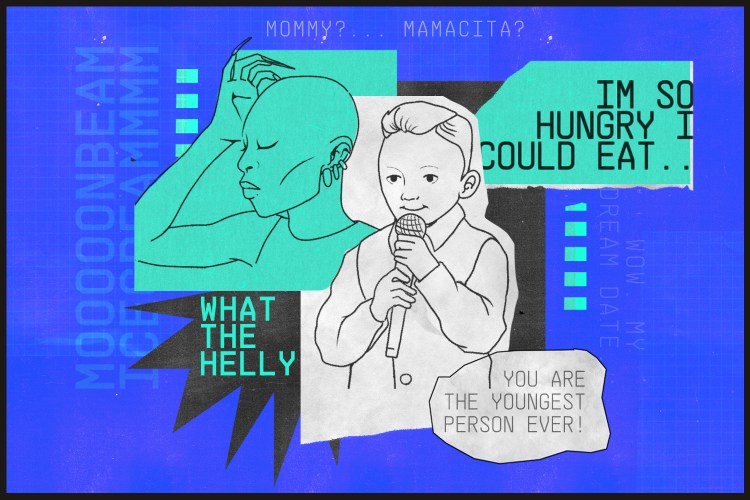Millions of Americans will gather to celebrate the ultimate sacrifice made by fallen soldiers on Memorial Day, but one of the holiday’s earliest commemorations was organized by people rarely referenced in your middle school history book.
“Approximately 25 places have been named in connection with the origin of Memorial Day, many of them in the South where most of the war dead were buried,” the Department of Veterans Affairs reports.
But it’s one story from 1865 that stands out to some—including professor and historian David W. Blight—as the true origin of the holiday.
On May 1, 1865, more than 1,000 recently freed slaves, alongside a small group of white people, gathered to pay tribute to 257 Union prisoners who died from disease and exposure while they were kept in Charleston, South Carolina. Standing next to the mass grave where the prisoners had been interred, the group honored the fallen by singing hymns, giving readings and dispersing flowers throughout the cemetery. Three thousand black school children sang “America” and “The Star-Spangled Banner” from a grove as adults marched around the graves.
A local newspaper correspondent described the scene after the adults left, writing: “When all had left, the holy mounds—the tops, the sides, and the spaces between them—were one mass of flowers, not a speck of earth could be seen; and as the breeze wafted the sweet perfumes from them, outside and beyond … there were few eyes among those who knew the meaning of the ceremony that were not dim with tears of joy.”
A ceremony was led by ministers of Charleston’s black churches and following the dedication, the ministers joined Union officers and abolitionist missionaries to give speeches.
“Picnics ensued around the grounds, and in the afternoon, a full brigade of Union infantry, including Colored Troops, marched in double column around the martyrs’ graves and held a drill on the infield of the Race Course,” Blight writes in his book Race and Reunion: The Civil War in American Memory. “The war was over, and Memorial Day had been founded by African Americans in a ritual of remembrance and consecration.”
Newspaper account of what some consider the first Memorial Day ceremony, in 1865, in the Charleston Daily News.
This historical account, though, isn’t without controversy. The non-partisan fact-checking outlet Snopes questions whether or not this was actually “the first” observance of the official federal holiday, although it is considered “one of the earliest known observances similar to what we would now recognize as Memorial Day.” People have paid respect to those lost to war for thousands of years, after all, and there’s no definitive evidence that it directly inspired General John Logan. He is another possible inspiration for Memorial Day, due to this role in creating “Decoration Day,” so named for the adorning of soldiers’ graves that began in 1868.
But the “official” credit for the holiday’s conception is lent to a group of women in Columbus, Georgia, by Dr. Richard Gardiner and Daniel Bellware, authors of the 2014 book The Genesis of the Memorial Day Holiday.
“We cannot raise monumental shafts, and inscribe thereon their many deeds of heroism, but we can keep alive the memory of the debt we owe them by dedicating at least one day in each year to embellishing their humble graves with flowers,” wrote Mary Ann Williams in the Columbus Daily Sun in March 1866. Her letter was picked up by newspapers around the country, sparking inspiration and imitation across the United States.
These women held this observation, dubbed “Memorial Day,” annually—and that’s what makes it so important to recognize Gardiner and Bellware.
“So many people are claiming they started Memorial Day because they remember a cemetery dedication or remember going to a graveyard and throwing flowers on graves earlier than 1866,” Gardiner recently told Time. “In many cases they’re telling the truth. But, in my view, they didn’t necessarily start an annual tradition. They didn’t say, ‘Let’s do this every year.’”
But to Blight, it’s more interesting that people were so moved to pay tribute in the first place—he’s less concerned about pinpointing exactly who celebrated Memorial Day first.
“I’m much more interested in the meaning that’s being conveyed in that incredible ritual,” he told Snopes, “than who’s first.”
This article appeared in an InsideHook newsletter. Sign up for free to get more on travel, wellness, style, drinking, and culture.



















